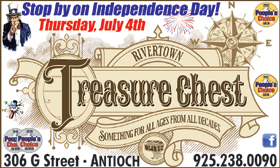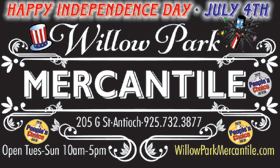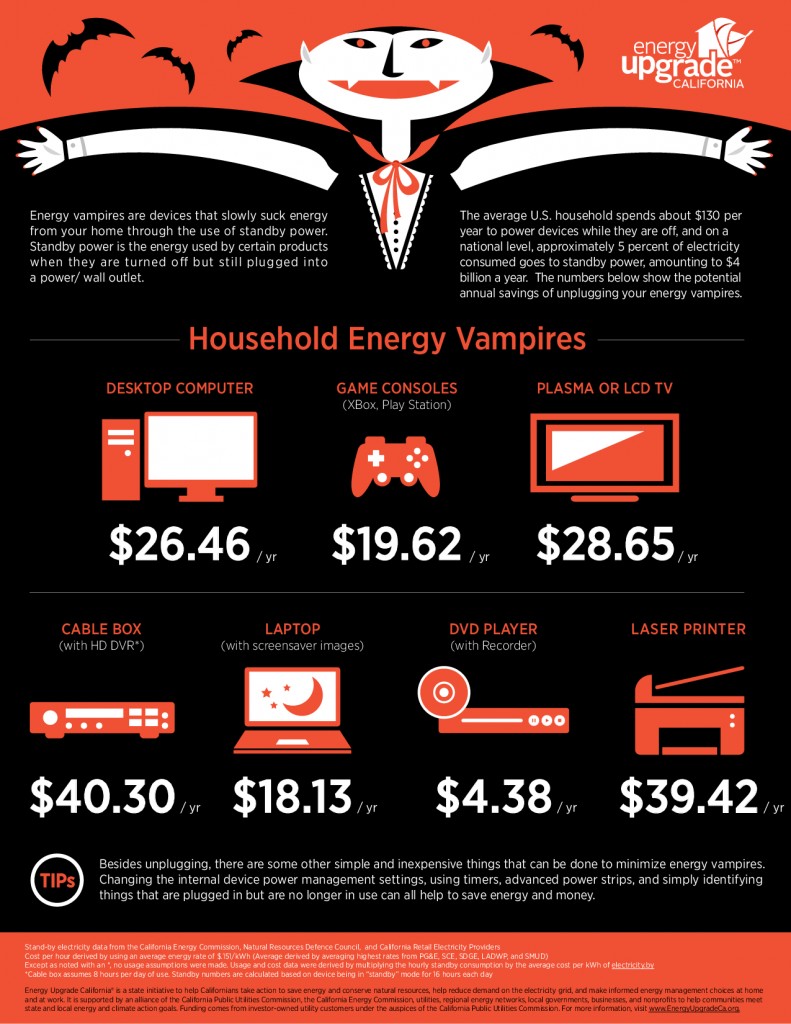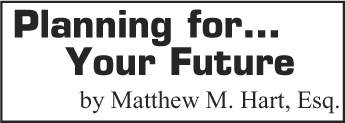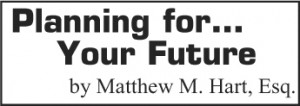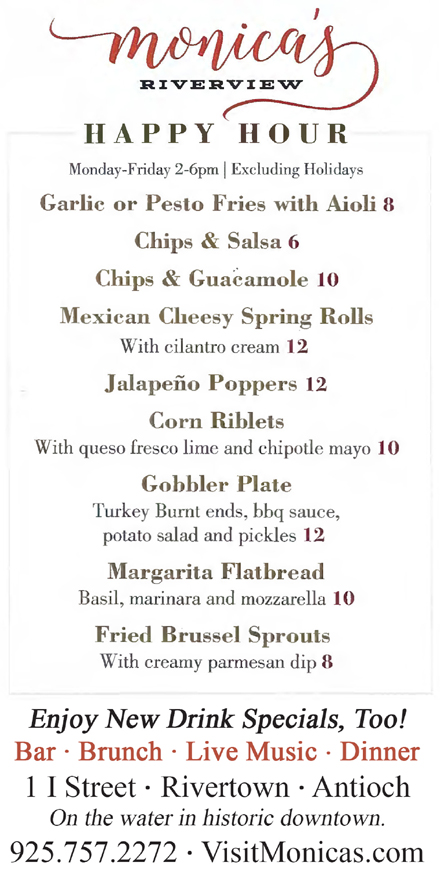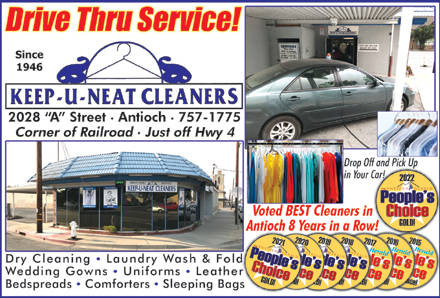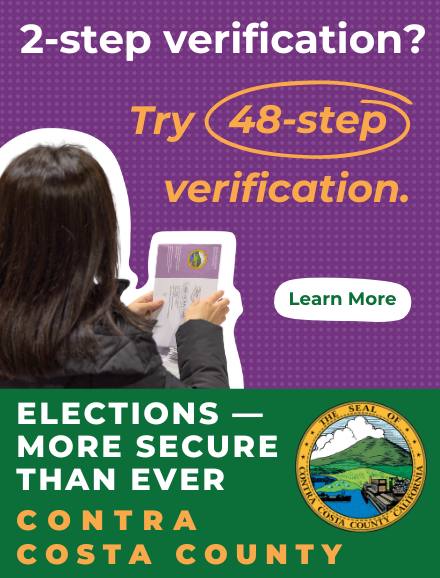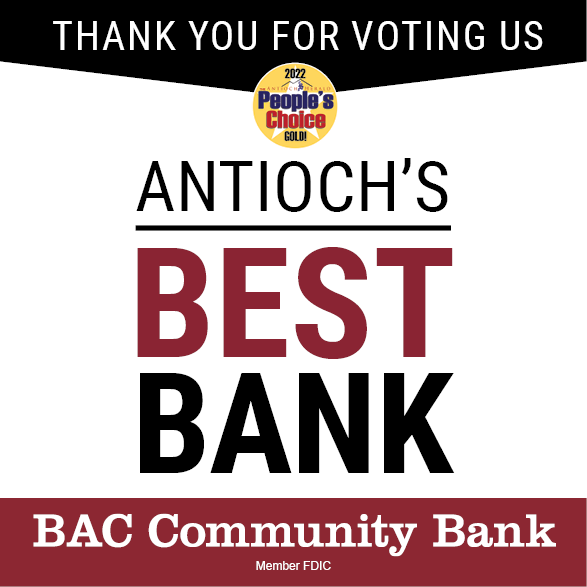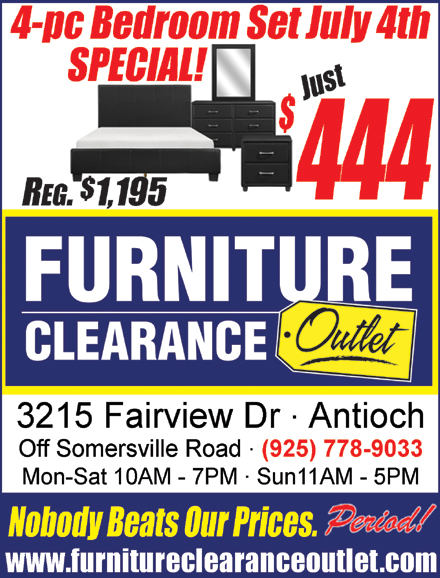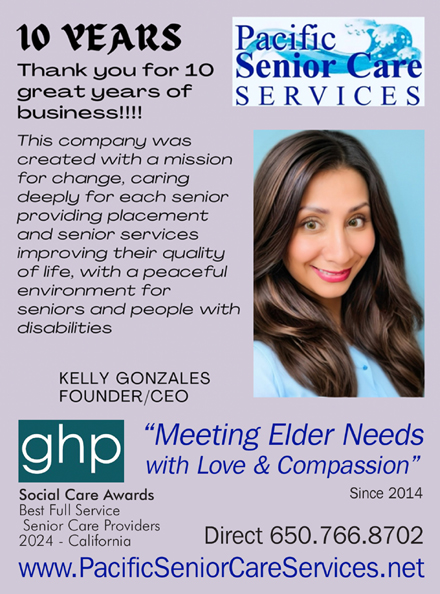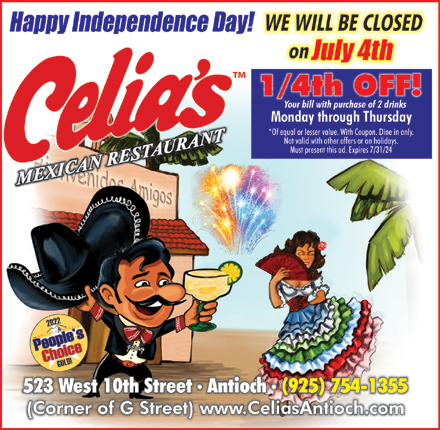Running Your Money – Bank account opening bonuses: for real?
Tuesday, January 3rd, 2017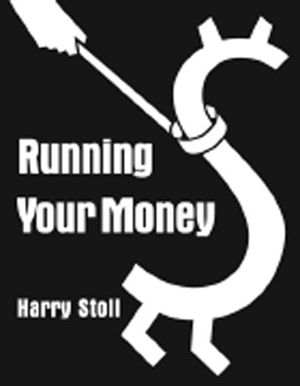 Are bank account opening bonuses for real?
Are bank account opening bonuses for real?
Yes, but you will pass many dark dank alleys in a dicey neighborhood, so take care. Banks often have a third party do the pitch, such as Hustler Money, Money Crashers, and Nerd Wallet. They are very up- front about being paid by the banks. In many of them Chase is mentioned first. Being paid by the banks doesn’t make the offer phony. Often there is promotional code you must use. You can open the account online.
Two bits of advice: Always, always, print a copy of the offer and keep it at least until you have collected the money. And, always, RTFP (definition available in the Suburban Dictionary). I ignored my good advice in a recent deal with Wings Financial Credit Union; I read the fine print but didn’t print out a copy. When it came time to collect the puny $50 gift card, customer “service” said, “Ah, ah, ah, you have to agree to accepting paperless statements to earn the gift card.” I didn’t remember that but I was stuck.
Chase often puts pitches in that envelope of coupons including sewer repair and ridding your abode of rodents. I have taken several Chase offers. I like to open the account at a nearby branch. They always recognize me even though I enter the bank only to open an account; otherwise I go to the money wall.
I recently opened a Chase Business Account, depositing $1,500. The rep won’t be fussy about your business, E just wants to close the deal and rack up brownie points. Chase will deposit $300 to the account about 70 days after opening, when It will be available to withdraw. You must maintain a $1,000 minimum balance. To avoid a monthly fee keep at least $1,500 in the account That’s an annual percentage yield 40%. The fine print says if you close the account before 12 months, it will deduct the bonus. Well, nyah, nyah, nyah, what if I take the money and run before I close it? But they might not recognize me when I come in next year with the offer. It’s like guys on Hogs in black leather jackets with an eagle on the back; I don’t wish to incur their displeasure.
For an HSBC Bank: bonus of $350, initially deposit at least $25 dollars, pay two bills a month through them for three months and collect $350. No minimum payment is stated; I deposited $25 and for two months made two payments of $4. Account opening was arduous, I danced to their tune online and it took three weeks to open. They asked questions indicating they were seeking affluent depositors, but I have the account.
BMO Harris offered a $200 bonus and Tech CU a $150 bonus for opening an account and making a direct deposit of a paycheck or government check, such as Social Security. Residents of Northern California are eligible for membership in both institutions.
These offers appear and poof, all gone, but new offers will appear.


